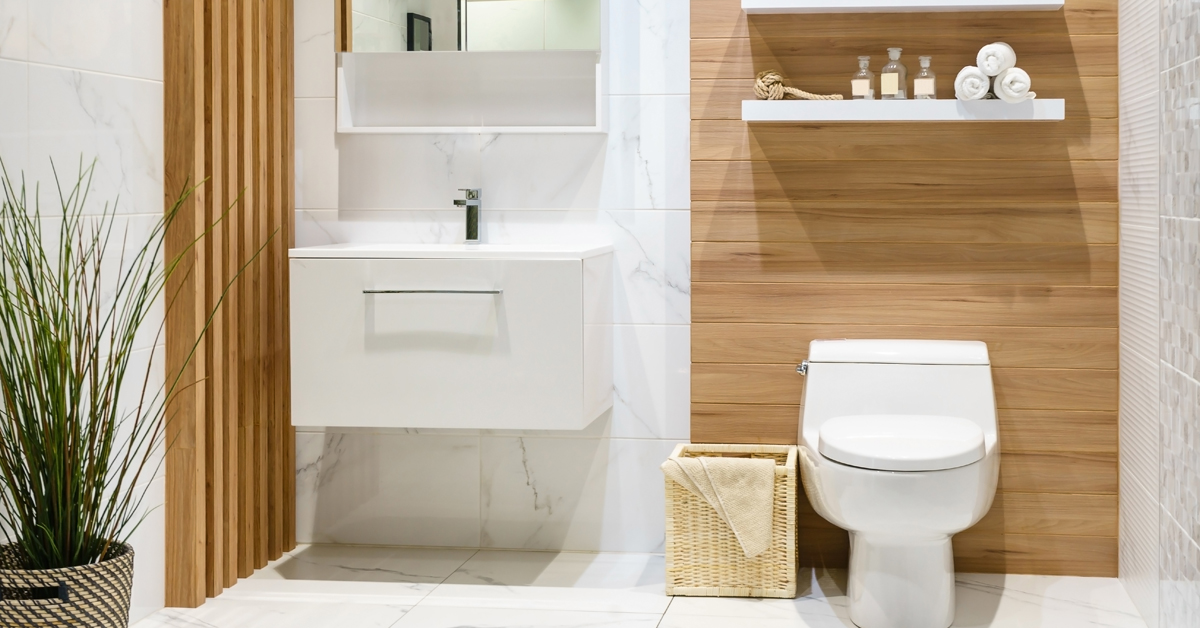
Contrary to what some believe, urinary incontinence is not one size fits all. There are many different types of incontinence, each with a different cause, characteristics, and potential treatments. Determining if you have stress incontinence vs. urge incontinence is an important step in getting the right treatment.
Stress Incontinence
People with stress incontinence suffer from the inability to control their bladder during certain activities that increase bladder pressure, such as coughing, sneezing, laughing, or jumping. The urine that leaks from the bladder during stress incontinence can range from just a drop or two to the complete emptying of your bladder.
Weakened pelvic floor muscles usually cause stress incontinence. This can happen to many women, especially during pregnancy or after childbirth. However, men can also experience stress incontinence if they have other health conditions that weaken their pelvic floor, like prostate issues or being overweight.
The main characteristic of stress incontinence is urine leakage during activities that put additional strain or pressure on the bladder, such as coughing, sneezing, laughing, or jumping. Stress incontinence is an unexpected loss of urine and is not associated with a strong urge to urinate before the urine leakage occurs.
People with stress incontinence can often benefit from pelvic floor exercises to strengthen the muscles that support the bladder, which can reduce bladder leaks. Other treatments can include bladder training, medications, and, in some cases, surgery.
Urge Incontinence
Urge incontinence is a sudden and intense urge to urinate that results in bladder leaks. It often occurs as a person is actively on their way to the bathroom and can be triggered by specific activities such as just arriving home or hearing water running from the faucet. Urine loss for people with urge incontinence can vary in the same way stress incontinence does, from a few drops to the entire bladder emptying unexpectedly.
Most people with urge incontinence struggle with overactive bladder (OAB), which causes your bladder muscles to contract more often than they should, resulting in a strong urge to urinate unexpectedly. Urge incontinence can also be caused by certain neurological conditions like Parkinson’s, multiple sclerosis, or stroke, as these health conditions interfere with the brain’s ability to control the bladder.
The main symptom of urge incontinence is the sudden, intense urge to urinate, followed by urinary incontinence. Some people with urge incontinence also notice more frequent urination, especially at night, and most people experience a large amount of urine loss when incontinence occurs.
Treatment for urge incontinence is a little different than the treatment of stress incontinence in that pelvic floor exercises are not usually helpful. Most people with urge incontinence require medications or nerve stimulation devices to prevent the bladder from contracting when it shouldn’t.
When To See Your Doctor
No one should have to live with urinary incontinence, regardless of the cause. If you have been struggling with symptoms of stress vs urge incontinence, it’s time to talk with your doctor to find out what treatments would be best for you.
Don’t delay – schedule an appointment with an expert urologist today!
